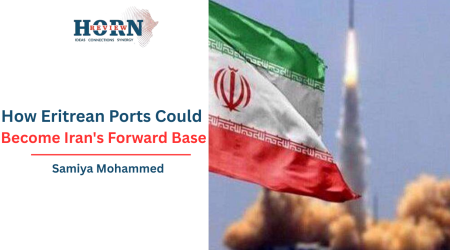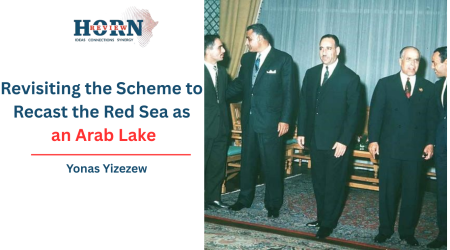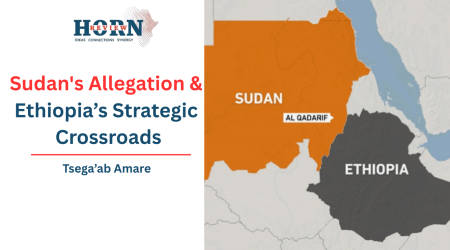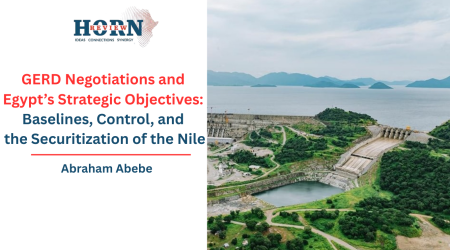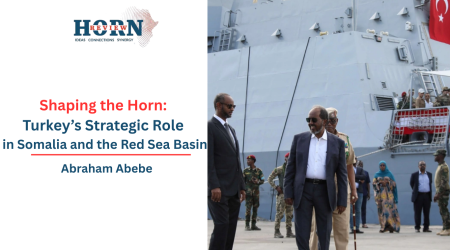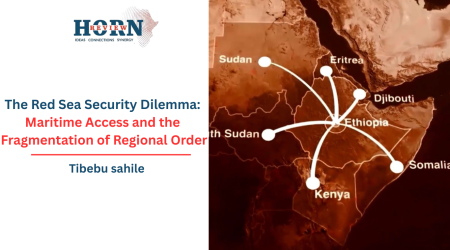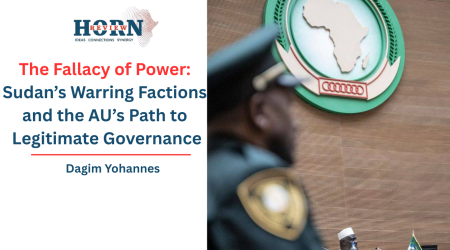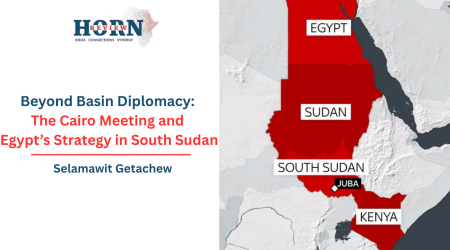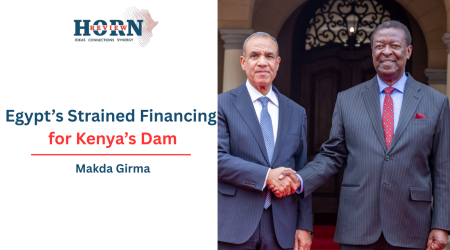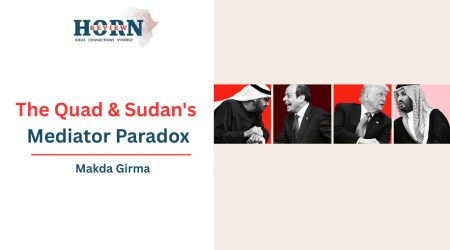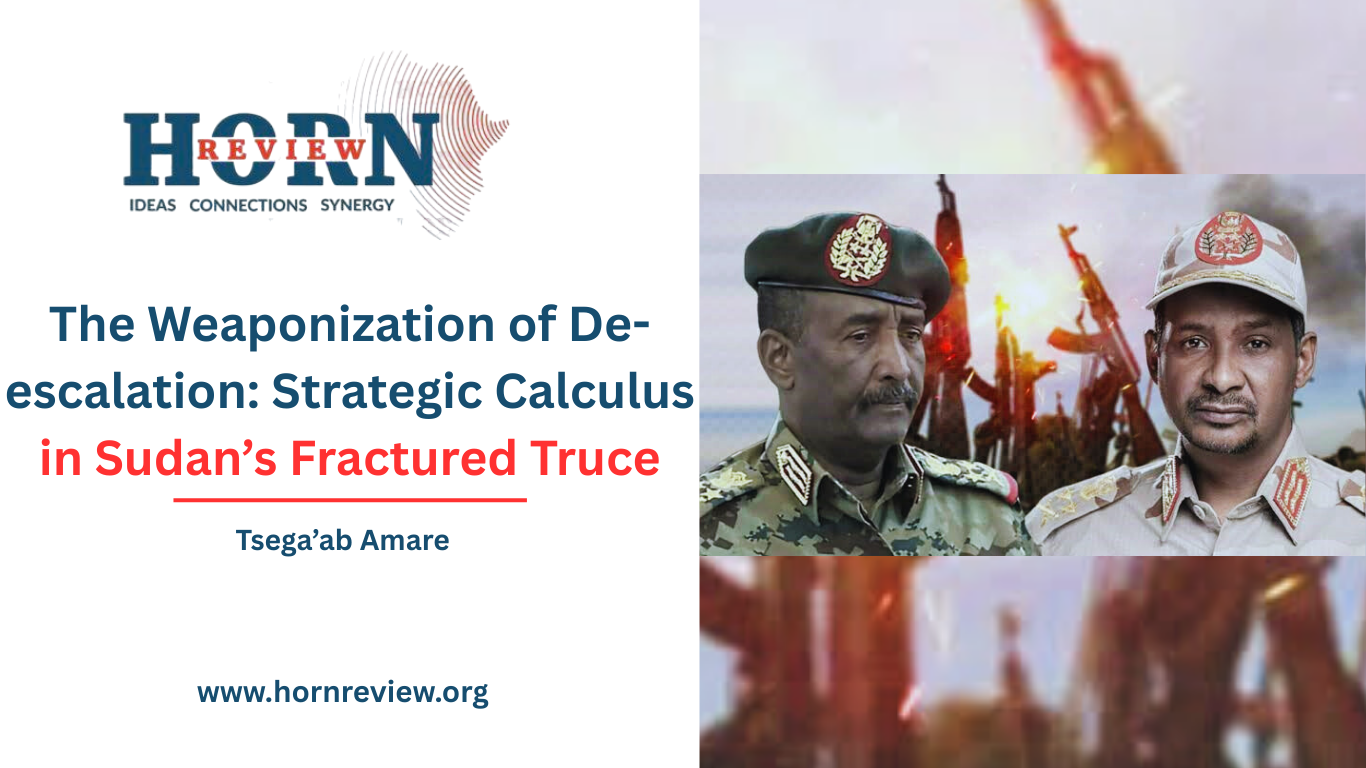
27
Nov
The Weaponization of De-escalation: Strategic Calculus in Sudan’s Fractured Truce
On November 23, 2025, the trajectory of Sudan’s civil war took a stark turn when General Abdel Fattah al-Burhan, head of the Sudanese Armed Forces (SAF), rejected the latest Quad ceasefire proposal as the “worst yet,” framing it not as a path to peace but as a biased imposition dictated by foreign powers.
Hours later, on November 24, Mohamed “Hemedti” Daglo, commander of the paramilitary Rapid Support Forces (RSF), countered by accepting a unilateral three-month humanitarian truce, offering safe corridors for aid and civilian protection amid mounting global pressure. This sharp juxtaposition, a head of state choosing the sword followed by a warlord extending an olive branch, reveals the grim reality of Sudan’s conflict as it enters its third brutal year. Peace is no longer an objective but an instrument, wielded strategically in a prolonged struggle for dominance.
To understand why the truce collapsed before it began, one must look beyond the Generals’ rhetoric and analyze the structural failures of the mediators and the internal fragility of the belligerents.
The collapse of this truce is not merely a diplomatic stumble; it is the direct result of a U.S. policy that has failed to decouple itself from the geopolitical ambitions of its Gulf allies. Burhan’s rejection of the proposal presented by Massad Boulos, the U.S. envoy, was not just a rejection of terms but a rejection of the mediator’s neutrality.
The SAF, now, views American diplomacy as indistinguishable from Emirati foreign policy. The proposal, which called for the dissolution of current security agencies while leaving the RSF’s structure largely intact during the transition, was interpreted by the Army leadership not as a compromise, but as a suicide note drafted in Abu Dhabi and delivered by Washington. This perception renders any U.S.-led initiative D.O.A. (Dead on Arrival).
As long as Washington is unwilling to exert meaningful pressure on the UAE to halt its logistical support for the RSF, the SAF will continue to view American peace plans as traps designed to institutionalize the paramilitary’s gains under the guise of democracy. The “Quad” is ineffective; to the SAF, it is now a Troika of adversaries and one hesitant ally (Saudi Arabia).
While Hemedti’s acceptance of the truce appears statesmanlike, it likely masks a desperate internal reality: the RSF might be suffering from victory fatigue and a command-and-control crisis. The paramilitary force has conquered vast swathes of territory, but it operates less as a disciplined army and more as a franchise of decentralized militias.
Hemedti faces a critical paradox: his “payroll” is the war itself. Unable to pay salaries through a formal state budget, the RSF sustains its fighters through a “license to loot.” By declaring a unilateral truce, Hemedti attempts a clever sleight of hand. If he signs a formal, monitored deal, every act of looting by his fractured units becomes a documented violation, proving he cannot control his troops. By declaring a unilateral truce, he gains the diplomatic credit for trying, while retaining the ability to dismiss continued violence by his subordinates as the work of rogue elements. The truce is not a pause in fighting; it is a cover for his inability to rein in the very forces that brought him to power.
Beyond the geopolitics, structural economic barriers make peace unprofitable. Sudan’s war is fueled by a predatory economy that incentivizes continued conflict. The RSF has effectively captured the gold mining sector in Darfur, generating billions in revenue that bypasses the central state. A truce that restores state authority would strip Hemedti of his financial engine.
For the SAF, the war has become existential. Burhan views the conflict as a state suppression of a mutiny. Accepting a ceasefire that freezes the current frontlines would be tantamount to capitulation, implicitly recognizing the RSF’s conquest of Darfur and Kordofan. The Army is banking on a war of attrition, hoping its superior air power and institutional backing from Egypt will eventually degrade the RSF’s loose coalition.
Conversely, for the RSF, the truce is a mechanism to translate military dominance into political legitimacy. Hemedti knows he can conquer the land, but cannot govern the state. He needs a pause to regroup his overextended supply lines and force the international community to treat him as a government-in-waiting rather than a rebel leader.
Furthermore, the spectre of the International Criminal Court (ICC) looms over both commanders. With documented evidence of massacres and indiscriminate bombing, neither General has an incentive to step down. In a landscape defined by impunity, maintaining an active army is the only guarantee against a prison cell.
While the Generals posture, the demographic foundation of Sudan is collapsing. Sudan accounts for the largest displacement crisis globally, with 18 million people forced from their homes and 25 million facing acute hunger. Famine conditions have emerged in RSF-besieged areas like Khartoum, while cholera outbreaks and widespread malnutrition threaten a generation.
These events serve as a grim bellwether for the upcoming IGAD summit in December. The offer and rejection of the unilateral truce demonstrate that the war has not yet entered the phase of a mutually hurting stalemate. Both sides still believe they can achieve a military solution.
The international community must recognize that the current diplomatic framework is failing. As long as the U.S. allows its policy to be viewed as a proxy for Gulf interests, and as long as the economic drivers of the war, specifically the RSF’s “loot-to-pay” model, remain unaddressed, ceasefires will remain nothing more than public relations stunts, shadow plays performed over the ruins of a nation.
Sudan is not only experiencing collapse, but also undergoing a gradual dismemberment of statehood. To effectively address the complete failure of the current Sudanese diplomatic framework, which sees ceasefires weaponized for strategic gain, the international community must pivot from mediation by compromised actors to structural enforcement targeting the economic and military incentives for continued war.
By Tsega’ab Amare, Researcher, Horn Review

